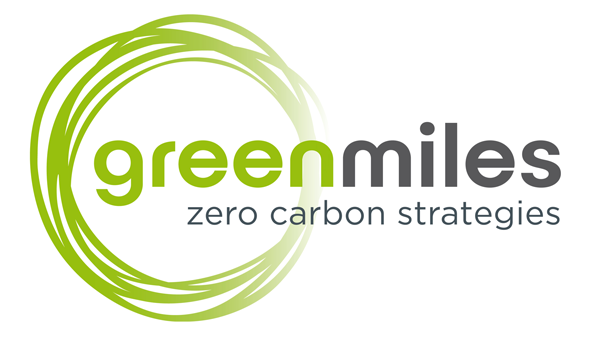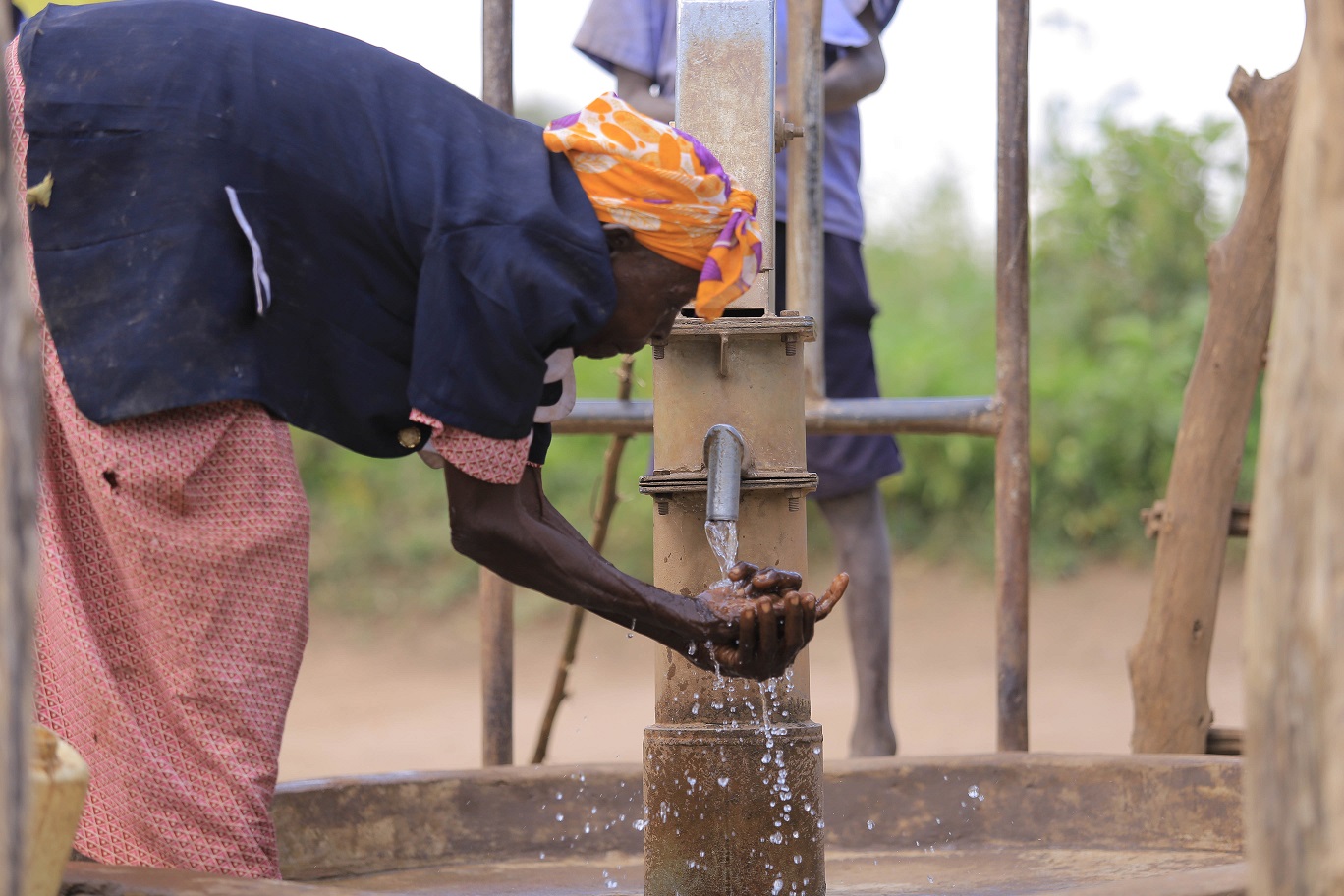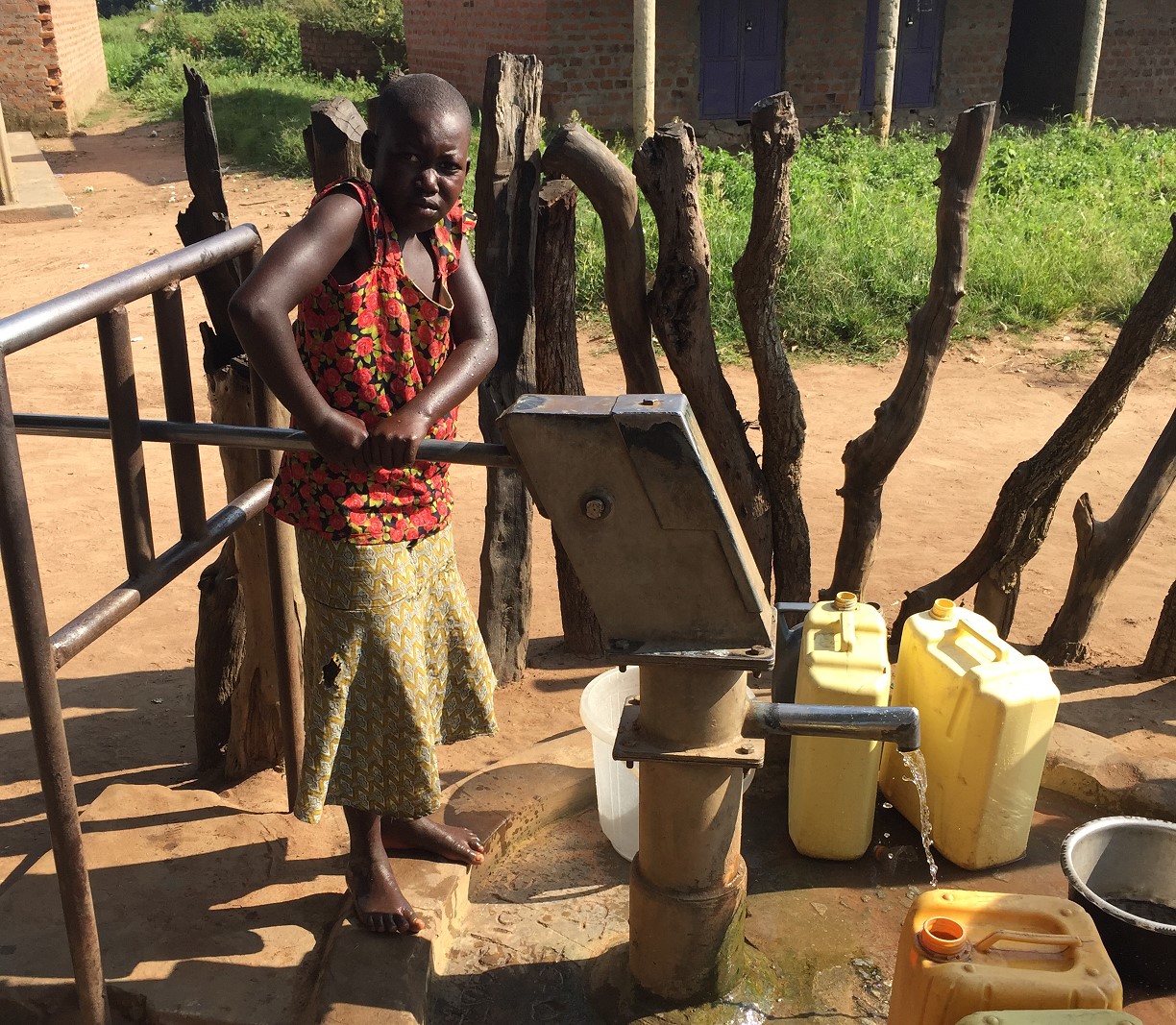Clean drinking water in Uganda
Functioning wells are a crucial factor for quality of life, health, and environmental protection. The project helps to restore existing wells and pumps to working order in close collaboration with local communities. Access to drinking water opens up numerous social, economic, and environmental benefits for the region.
The geographical focus of the project is northern Uganda. The people in this region are still suffering in many ways from the consequences of the civil war. This affects the water supply to a large extent:
An estimated 60 percent of the people there have no access to clean drinking water and rely on open wells, lakes, rivers and other unprotected sources that are often contaminated with germs. The difficult search for water points and the long walks to reach them not infrequently take up a large part of the lives – especially of women and children. Once water is found, it has to be boiled over an open fire, which leads to greenhouse gas emissions.
Using regional infrastructure sustainably
The goal of the project is to reuse the existing, but often destroyed and dilapidated, infrastructure of boreholes and pumps for water extraction. Many of these are owned by communities and local organizations, most of which are unable to maintain them due to lack of funds. Since 2016, the project has already identified and repaired many wells and set up maintenance programs in close cooperation with the communities. Only hand-operated pumps, which are common in the region, are used. This strengthens the local economy; in addition, no electrical energy is required for pump operation.
Ecological effects:
-
- Fewer emissions of carbon dioxide, carbon monoxide, and soot particles produced by burning wood to boil the water
- Less deforestation of local biomass, resulting in less soil erosion, regulation of groundwater levels, protection of biodiversity, and wildlife habitat
Positive social and economic co-benefits:
- Provision of clean drinking water
- Reduction of diseases caused by polluted water
- Reduction of community conflicts with wildlife, as residents no longer have to fetch water from water points that are also used by wildlife
- Reduction of respiratory illnesses caused by open fires in the huts to boil the water
- Close cooperation with the local communities
- Creation of jobs in the project area
- Better use of resources: families can spend time and money other than finding drinking water and/or buying firewood





